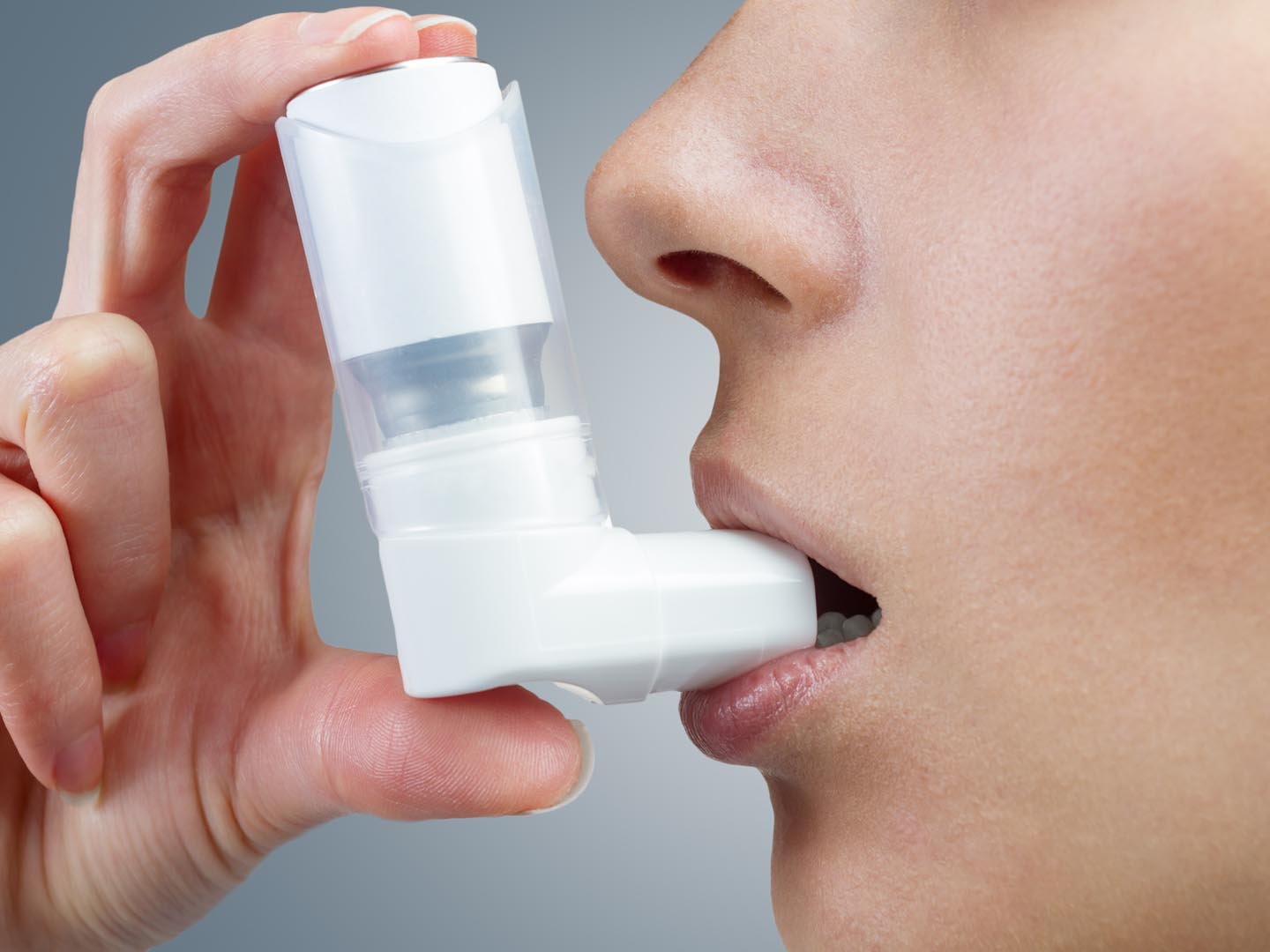Pleurisy

What is pleurisy?
Pleurisy is inflammation of the pleura, the thin, double-layered membrane that surrounds the lungs and lines the inside of the chest. When these layers become irritated or inflamed, they rub against each other, causing pain when a person breathes.
What are the symptoms?
The main symptom of pleurisy is chest pain. This pain may be constant, but usually gets worse when a person coughs, moves, or breathes deeply. Occasionally, the pain may spread to the shoulder or the back.
Because pleurisy can cause fluid to collect in the chest, it can also trigger other symptoms, such as:
- Coughing
- Shortness of breath
- Rapid, shallow breathing
- Cyanosis (a blue discoloration to the skin caused by lack of oxygen in the blood)
- Fever and chills
- Unexplained weight loss
What causes pleurisy?
Pleurisy can develop from several underlying causes. These include:
- Acute viral infection, such as the flu
- Bacterial infections
- Pneumonia
- Tuberculosis
- Autoimmune conditions, such as lupus and rheumatoid arthritis
- Lung cancer
- Other lung diseases, such as sarcoidosis and asbestosis (asbestos-related disease)
- Infection with a fungus or parasite
- Pulmonary embolism (blood clot in the lungs)
- Reaction to certain medications
- Heart surgery
- Trauma to the chest.
Sometimes, pleurisy has no known cause.
Who is most likely to develop pleurisy?
People with the conditions listed above are more likely to develop pleurisy.
How is pleurisy diagnosed?
Physicians typically diagnose pleurisy by taking a medical history, asking the patient about his or her symptoms, and listening to the patient’s lungs using a stethoscope. Abnormal sounds caused by inflamed pleura rubbing together may signal pleurisy. Other tests used to help diagnose pleurisy include:
- Blood tests
- Chest x-ray or CT scan
- Ultrasound of chest
- Thoracentesis (a procedure in which fluid is removed from the pleura with a needle and tested)
What are the conventional treatments?
Conventional treatment of pleurisy depends on its cause. If the cause is a bacterial infection, the physician will likely prescribe an antibiotic. Viral infections typically clear up on their own and cannot be treated with antibiotics. To ease the pain of pleurisy, the doctor may recommend nonsteroidal anti-inflammatory drugs such as ibuprofen or prescribe codeine to relieve both pain and cough. In severe cases, patients may need to be hospitalized to have chest fluid drained.
What does Dr. Weil recommend to address pleurisy?
In addition to treating the underlying cause and the conventional treatments listed above, Dr. Weil recommends the following natural approaches to help prevent future episodes of pleurisy, especially those following infections:
- Astragalus. Take two tablets or capsules of this immune-boosting herb twice a day or follow package directions. It is safe to take indefinitely.
- Medicinal mushrooms. Choose a formula that contains a blend of immune-boosting mushrooms and follow package directions.
- Consider seeing an osteopath. The manipulation performed by osteopaths may help free up chest motion.
- Traditional Chinese medicine may also help.
Updated by Jeffery Gladd, M.D. on Dec. 5, 2013.









